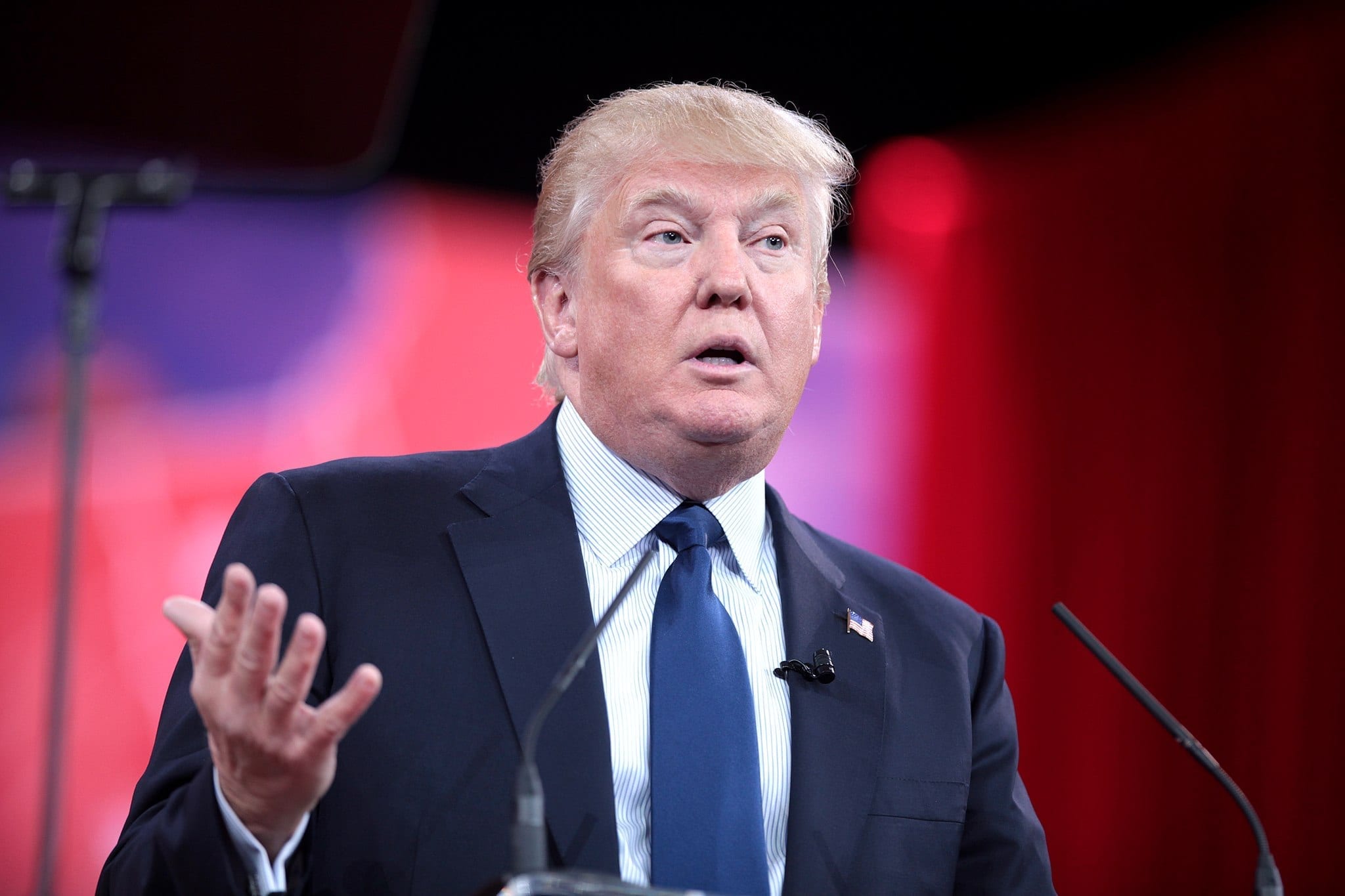President Trump has thrown his support behind the FIRST STEP Act, a controversial bill intended to reform America’s broken criminal justice system.
Early in August, Trump spoke to a group of ‘inner-city pastors’ at the White House. Explaining the moves he’s made to lower unemployment and offer fresh opportunities for former prisoners, the president elaborated on an initiative he hopes will lower recidivism.
Called the FIRST STEP Act, it’s passed through the House and has an uncertain future in the Senate.
“We passed the FIRST STEP Step Act through the House, and we’re working with the Senate to pass that into law. And I think we’ll be able to do it,” President Trump said.
“When we say ‘hire American,’ we mean all Americans—every American, everyone,” he added.
Prison reform, notes the Free Beacon, has been on the president’s radar since at least his last State of the Union Address. The driving force behind it may be son-in-law Jared Kushner, who’s advocated for an overhaul since gaining influence in the White House.
Trump’s said several times that he’d support the passage of FIRST STEP, telling Congress on more occasion than one to ‘speed it up.’
However, support of the bill puts him at odds with the Department of Justice and a portion of the Senate’s leadership—elements which oppose the act’s desire to take more inmates out of incarceration and place them into alternative facilities.

An opinion piece published in The Hill outlines a compelling argument for the Act’s passage.
‘Under the act,’ writes contributor Tim Head, ‘prisoners who successfully complete vocational training, education courses, or faith based programming may earn credit to transfer to alternative facilities while still in pre-release custody.’
The act includes numerous other provisions that would foster mentorship, family bonds, and enhanced visitation rights.
But for whatever the bill might add to America’s recidivism-heavy system of prisons and courts, it still has its detractors. Some critics have taken a traditional tough-on-crime approach; many have condemned it for not going far enough, failing to adequately address issues such as mandatory sentencing minimums which can lock away petty offenders for decades.
Efforts to include provisions on mandatory sentencing minimums have been stringently opposed by U.S. Attorney General Jeff Sessions. He, along with other Justice Department officials, penned a letter to the president questioning why drug traffickers weren’t exempted from earning ‘good time credits’ that could count toward an early release.
But President Trump hasn’t been swayed, telling reporters in early August that he hoped a booming economy could lend to new horizons for prisoners and ex-convicts.
“Prisoners have never, ever, even close, done better than they’ve done now when they get out, because they’re getting jobs. And the reason is, it’s hard to get people because we’re pretty well filled up. So for the first time probably, I think I could say, ever, they’re getting a break,” Trump said.
Sources
Trump has privately expressed openness to broad criminal justice reform
Trump Says He’s Working to Pass FIRST STEP Act
Trump’s prison reform: Republicans on side but some progressives hold out


Join the conversation!